The harmful impacts of pig waste on the environment
The harmful impacts of pig waste on the environment are one of the biggest problems of pig farming. Pig waste drastically pollutes the air and water. It contains harmful toxins and can carry pathogens and bacteria that are often antibiotic resistant. It can also sometimes contain heavy metals that can be life-threatening when ingested. Pig waste contributes to groundwater pollution through groundwater seepage. Waste is also sprayed into neighboring areas. Many detrimental health and environmental effects are caused by this pollution.
The contents of spray and waste drift have been found to cause mucosal irritation, respiratory ailment, increased stress, decreased quality of life, and higher blood pressure. Most pig wastes come from intensive pig farms in factories. And due to irresponsible disposal of waste, the environment and the health of the entire community suffers.
Wastewater pollution
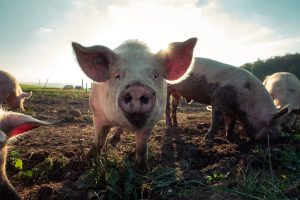

Factory farms pump their waste directly into water bodies called lagoons. These lagoons then become breeding grounds for pathogens like salmonella and contain toxic pharmaceuticals like antibiotics and antimicrobials. It is also loaded with nitrogen and phosphorus. Imagine the effects this would have on the water table if it trickles down to the groundwater.
Human waste is always treated chemically and mechanically before being released back into the environment, but pig waste is not treated. Groundwater contamination makes water unsuitable for humans to drink.
It has been estimated that a whopping 35,000 miles of the river across 20 states have been contaminated by manure leakage. There is inadequate sewage treatment and a lack of technologies used. Most pig farms lack the facilities to treat waste before releasing it into the environment.
Air pollution


Sometimes environmental pollution from pig waste is not accidental. There have been some companies like Smithfield Foods who were caught spraying untreated pig waste into fields under the claim that they were fertilizing them. it is true that pig waste can be used as fertilizer but in the proper condition and proportions do as to prevent spill-off into neighboring lands. These feces cause an unbearable smell for miles around much more than typical manure. Many in surrounding areas even pass out due to the heavy odor.
Due to contamination in the air we breathe, pig waste can cause many complications to our health. Pig waste is filled with bacteria and ammonia. When they are dumped into large open-air lagoons, the air pollution caused is massive. People living nearby suffer from many respiratory illnesses, infections, and even cancer. Other effects include stress, altered mood, and increased blood pressure.
The nitrogen in pig waste leads to acid rain in local areas. In addition, pig farms also lead to many disease outbreaks nearby. Pig waste is full of antibiotic-resistant bacteria due to the use of strong antibiotics in intensive factory farms.
Major environmental disasters from pig waste
Large intensive factory farms pump large amounts of pig waste into open-air pits called lagoons. The waste matter from these lagoons is then sprayed as organic waste into fields. However, it has caused some serious environmental issues in the past. Lagoons often rupture with heavy rains or with natural disasters like Hurricane Floyd in 1999. Waste then contaminates rivers, streams, and groundwater.
The environmental disaster of 1995 in North Carolina is an example of a major environmental impact caused by pig waste. A lagoon overflow caused more than 20 million gallons of pig waste to be dumped into the new river in Onslow country. It contaminated drinking water and caused massive fish loss.
Fifteen years after the disaster, the place is still the home of 8.9 million pigs compared to the people pollution of 9.8 million. The pig population has just exploded beyond control in many states due to the demand for cheap meat. It’s time people stood up to help conserve the environment against this.
Steps to reduce the harmful impacts of pig waste on the environment
We all have a big responsibility towards preserving the planet and saving our environment for future generations. One of the most important steps is to buy pig meat only from sustainable pig farms and to boycott farms that have questionable practices. Manure has to be managed well to be recycled into compost fertilizer. There are many ways to convert pig waste into organic fertilizer.


Windbreakers in the form of trees and plants must be planted around the factory to minimize the emissions and air pollution from the waste. Pig factories must also make use of the latest technology to chemically treat waste before they are dumped. Care must be taken to ensure that waste does not seep into groundwater or contaminate rivers.
And last but not least, it would make sense to switch from consuming pig meat which has so much harm to the environment to other types of meat or food that has a more environmentally friendly impact. All types of livestock cause pollution, but pig farms may be the worst of them all. The food choice of a single person can go a long way in saving the environment. So consider it.
The harmful impacts of pig waste on the environment: Conclusion
Pork chops and bacon may be your favorite choice of meat, but have you ever wondered about the source of this food? Due to the increasing popularity of cheap pork, the community must pay a heavy price. Hog-heavy farms pollute the air, water, and land. Pig waste is difficult to treat or recycle. It also causes many harmful effects on the health of people living around these farms. No state has come up with 100% sustainable ways to get rid of pig waste yet, so until then it’s best to do what we can to reduce pig farming and responsible management of pig waste.
Please read this article for a more eco-friendly meat option: Hereford beef!
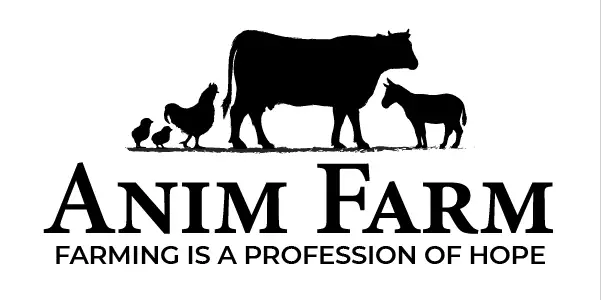
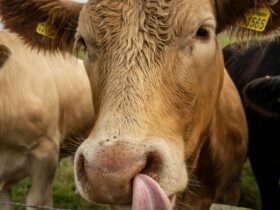
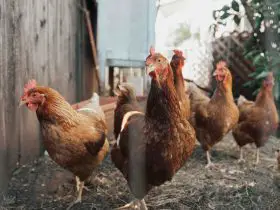

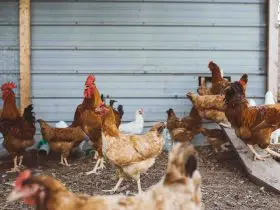

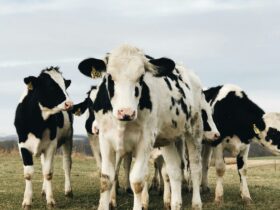
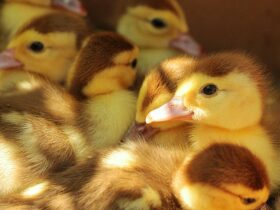
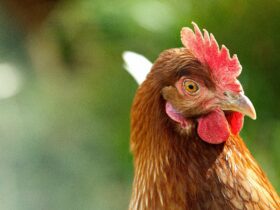
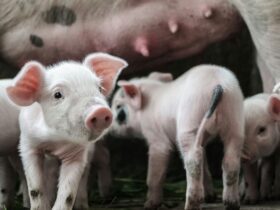
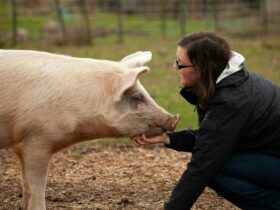

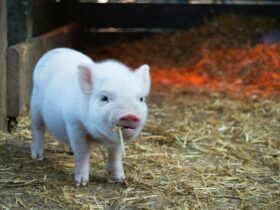

Hello!! Welcome to Anim Farm